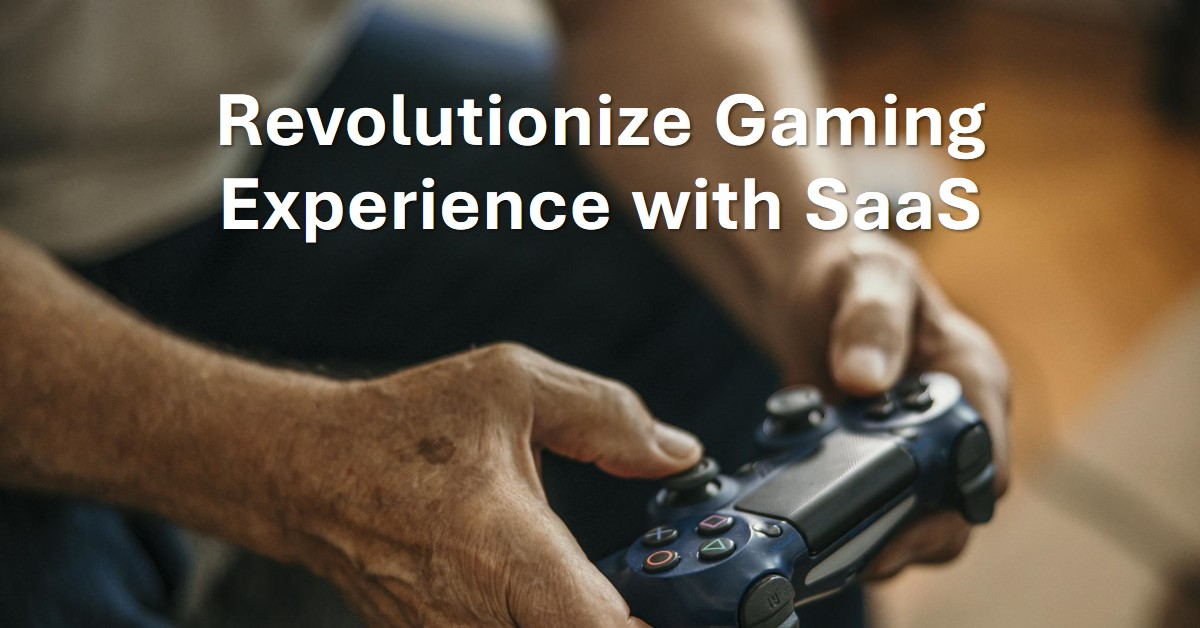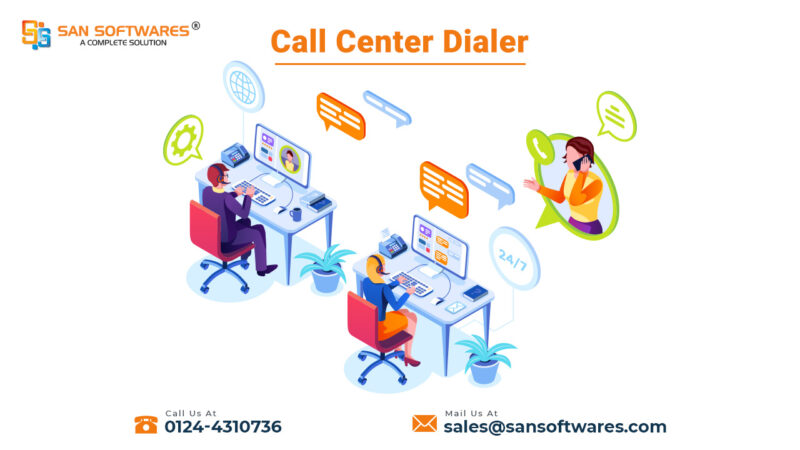SaaS in Gaming 2024: Boost User Experience & Engagement

The gaming industry is experiencing unprecedented growth, with projections indicating a reach of over $200 billion by 2023. As gaming platforms seek innovative ways to enhance user experience and increase engagement metrics, Software as a Service (SaaS) products are emerging as key integrators in this evolving landscape.
The Rise of SaaS in Gaming
SaaS products offer scalable, cloud-based solutions that can be easily integrated with existing gaming platforms. This integration allows for seamless updates, improved analytics, and personalized content delivery, enhancing the overall user experience. For instance, a SaaS-based analytics tool can provide real-time data on player behavior, enabling developers to tailor experiences to individual preferences and improve engagement rates.
Enhancing User Experience
User experience in gaming is paramount. Players expect fast, responsive, and immersive environments. SaaS can enhance these aspects by leveraging cloud computing to reduce load times and improve game performance. Additionally, SaaS products can introduce advanced AI algorithms to customize game narratives and difficulty levels, keeping players engaged and invested.
Increasing Engagement Metrics
Engagement metrics such as daily active users (DAUs), session length, and retention rates are vital for the success of gaming platforms. SaaS solutions can boost these metrics by enabling features like cross-platform play, social interactions, and achievement tracking. For example, a SaaS platform can offer a unified leaderboard system across different games, encouraging players to spend more time within the ecosystem.
The Role of SaaS Development Companies
SaaS development companies, like p99soft, play a crucial role in integrating these solutions with gaming platforms. With expertise in cloud computing and analytics, p99soft can help gaming companies leverage SaaS products to improve user experience and engagement metrics, ensuring that they stay competitive in 2024.
Case Studies and Success Stories
Several gaming companies have successfully integrated SaaS products to enhance their platforms. For example, a popular MMORPG game saw a 30% increase in DAUs after implementing a SaaS-based analytics tool that personalized player quests and in-game events.
FAQs
- What is SaaS in the context of gaming? SaaS in gaming refers to cloud-based services that enhance game functionality and user experience through seamless integration with existing platforms.
- How can SaaS improve player engagement? SaaS can improve engagement by offering personalized content, cross-platform play, social features, and real-time analytics to keep players interested and active.
- What are the benefits of using a SaaS product for gaming platforms? Benefits include scalability, enhanced performance, improved user experience, and access to real-time data and analytics.
- Can SaaS solutions be customized for different types of gaming platforms? Yes, SaaS solutions can be highly customizable to fit the specific needs of different gaming platforms, whether for mobile, PC, or console gaming.
- How do analytics in SaaS products influence gaming platforms? Analytics provide insights into player behavior, helping to tailor game content and marketing strategies, which can lead to increased retention and engagement.
Conclusion
As the gaming industry continues to evolve in 2024, the integration of SaaS products with gaming platforms represents a significant opportunity to enhance user experience and increase engagement metrics. Companies like p99soft are at the forefront of this integration, offering specialized SaaS solutions that can adapt to the dynamic needs of the gaming sector. With the right SaaS partnership, gaming platforms can achieve not only higher engagement rates but also a deeper connection with their audience. Isn’t it time to explore how SaaS can revolutionize your gaming platform?





